LEISYS 2023 | Speakers
Meet experts from around the world - at Lancaster University in Leipzig or online.
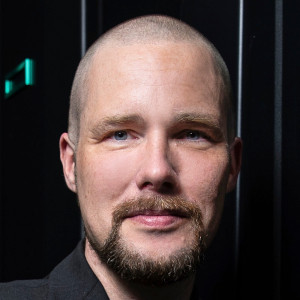
Jonas Andrulis
Aleph Alpha
Jonas Andrulis is founder and CEO of the German startup Aleph Alpha, with which he has set the German deep-tech funding record since its founding in 2019. He completed his industrial engineering studies at KIT in Karlsruhe, Germany, with a focus on artificial intelligence and modeling. As a serial entrepreneur, prior to Aleph Alpha, he first founded an AI software company for planning and optimization of complex logistics problems, then for human-in-the-loop training and validation of deep learning algorithms for human-machine interactions. As of 2016, he was at Apple leading AI research in the Special Projects Group. With Aleph Alpha, Jonas aims to build an independent European alternative for the next generation of artificial intelligence, following the example of OpenAI and DeepMind.
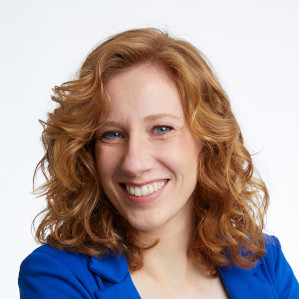
Maaike de Boer
TNO
Maaike has a background in Artificial Intelligence, with a PhD on Information Retrieval. She works as senior scientist at TNO – the Dutch organization for Applied Science - for 8 years now, and mainly focuses on Natural Language Processing and Hybrid AI – the combination of data-driven and knowledge-driven methods.
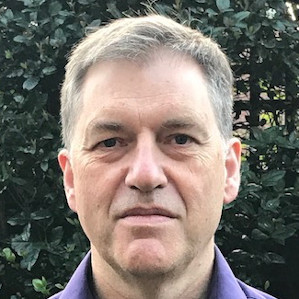
Michael Fisher
University of Manchester
Michael is Royal Academy of Engineering Chair in Emerging Technologies and Professor of Computer Science at Manchester. His research centres on the safety, trustworthiness, and sustainability of AI and Robotics. Fisher co-chairs the IEEE’s Technical Committee on the Verification of Autonomous Systems, co-organises the new Alan Turing Institute interest group on Neuro-symbolic AI, chairs the British Standards Institution standards committee on Sustainable Robotics, and sits on the IEEE P7009 standards committee on Failsafe Design of Autonomous Systems.
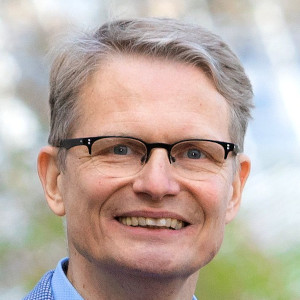
Marius Grundmann
SaxonQ
Marius received his doctoral degree 1991 from TU Berlin. After work as post-doc at Bellcore, Red Bank, NJ, he researched self-organized III-V semiconductor quantum dots and devices based on them at TUB. Since 2000 he is professor for Semiconductor Physics at Leipzig University where his interest is focused on wide and ultrawide gap semiconductors and devices, mostly based on metal oxides. Marius is CEO of SaxonQ GmbH, founded 2021, developing hardware and software for mobile quantum computers based on NV technology. He is a member of the German and the American Physical Society and Sächsische Akademie der Wissenschaften zu Leipzig.

Arif Ali Khan
University of Oulu
Arif Ali works as an Assistant Professor with the M3S Unit, Empirical Software Engineering in Software, Systems and Services, University of Oulu, Finland. Previously he worked as a faculty member with the University of Jyvaskyla (Finland), Nanjing University of Aeronautics and Astronautics (China) and COMSATS University (Islamabad, Pakistan). He received a BS degree in software engineering from the University of Science and Technology, Bannu, Pakistan and an MSc degree in information technology from Universiti Teknologi PETRONAS, Malaysia. He obtained a PhD degree in software engineering from the Department of Computer Science, City University of Hong Kong. He has participated in and managed several empirical software engineering-related research projects. Khan is professionally active in conducting publication-based research workshops, serving as guest editor in main track software engineering journals, and editing software engineering research books. He has published over 80 articles in peer-reviewed software engineering conferences and journals.
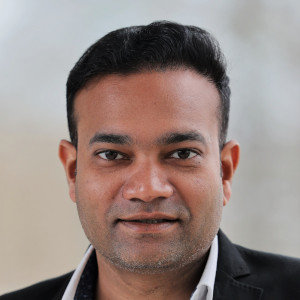
Chandan Kumar
Fraunhofer iAO
Chandan is leading the research group of Interaction Design and Technologies, at the Fraunhofer Institute for Industrial Engineering IAO, Stuttgart, Germany. His team focuses on interdisciplinary methods of human-computer Interaction and artificial intelligence to empower people through intuitive and inspiring user interfaces. Previously, he worked as a senior researcher at the Analytic Computing Group - University of Stuttgart, and at the Institute for Web Science and Technologies - University of Koblenz, Germany. He received his Ph.D. in Computer Science in 2016 from the University of Oldenburg, working with the Interactive Systems group at OFFIS, Germany. Chandan has published over 35 articles in peer-reviewed journal and conferences.
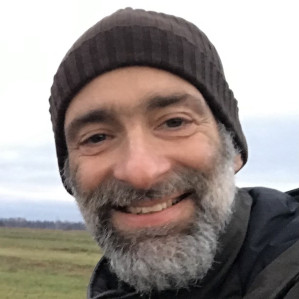
Carsten Lutz
Leipzig University
Carsten is a professor at Leipzig University where he leads the research group on the foundations of knowledge representation. Before moving to Leipzig in April 2022, he was professor for the theory of artificial intelligence at the University of Bremen. Carsten’s research mainly focuses on knowledge representation with ontologies and on database theory, but he enjoys excursions into theoretical computer science such as, recently, computational learning theory.

András Salamon
University of St Andrews
András is a research fellow working on practically motivated problems in constraint satisfaction and computational complexity. Previously a co-founder of companies in computer networking and logistics, András received a DPhil in Computer Science from the University of Oxford in 2015. András wrote much of the documentation for the Conjure constraint programming system and is currently studying automated reformulation of combinatorial search problems expressed in the high-level Essence language, using machine learning.
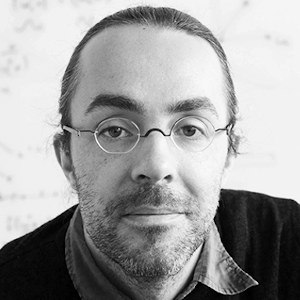
Fabian Sinz
University of Göttingen
Fabian is a professor for machine learning at the University of Göttingen. Previously, he was Independent CyberValley Research Group Leader at the University of Tübingen and worked as research and adjunct assistant professor at the Center for Neuroscience and Artificial Intelligence at Baylor College of Medicine in Houston (Texas, USA). His main research interests are system identification models for visual cortex, machine learning for computational neuroscience, machine learning in closed/frozen loop experiments, and inductive biases of biological neuronal systems.
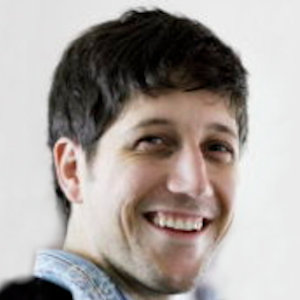
Martin Trefzer
University of York
Martin is a Reader in Electronic Engineering at the University of York. His research interests include variability-aware analogue and digital hardware design, biologically motivated models of hardware design, evolutionary computation, and autonomous fault-tolerance. His vision is to create novel architectures and autonomous systems, which are dynamically self-optimising and inherently fault-tolerant, by porting key enabling features and mechanisms from nature to hardware. He is/has been PI/CI on EPSRC grants, Nervous Systems, MARCH, SpInspired, eFutures Network, Bio-inspired Adaptive Architectures and Systems, Graceful and PAnDA, a DSTL grant on unconventional computing and Innovate UK KTPs in High-speed Embedded Vision Systems and Adaptive Networks for Spacecraft. Recent EPSRC awards are highly cross-disciplinary projects investigating computational properties and creating novel architectures underpinned by principles from Biology, Physics and Electronics.
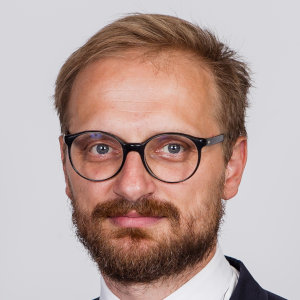
Wilfrid Utz
OMiLAB NPO
Wilfrid is one of the managing directors of OMiLAB NPO (www.omilab.org), the non-profit organization headquartered in Berlin supporting the conceptual modelling community organized around emerging topics with respect to domain-specific conceptual modelling. Wilfrid completed his PhD thesis in 2020 at the University of Vienna in the field of metamodel design and knowledge representation using conceptual structures. He has been involved in numerous international research and innovation projects and gained experience in the field of modelling method conceptualization, design, and implementation of modelling tools using the open ADOxx Metamodelling Platform (www.adoxx.org).


